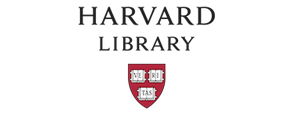Scientific Misconduct in Biomonitoring Measurement of Workers Exposed to Chemical Hazard and Impact in Workplace Policy
DOI:
https://doi.org/10.53773/ijcom.v4i2.145.71-5Keywords:
biomonitoring, scientific integrity, chemical exposure, ethics, occupational healthAbstract
Background: Scientific integrity is a cornerstone for ensuring reliable outcomes in toxicology and environmental health, particularly in biomonitoring practices used to assess chemical exposure among workers. Despite advancements in analytical methods, inconsistencies in data collection and interpretation can lead to flawed conclusions, impacting health assessments and regulatory policies. Ethical challenges, such as data manipulation and selective reporting, undermine public trust and jeopardize worker safety.
Methods: This study conducted by literature review in October 2024 using Google Scholar and PubMed search engine to identify ethical issues and challenges in biomonitoring related to occupational health and regulatory policies. Relevant literature was analysed to understand the ethical considerations in biomonitoring practices and their implications on workplace policy.
Results: Inconsistencies in scientific integrity significantly affect biomonitoring, resulting in misinterpretations and weak safety policies. The absence of standardized biomarkers and uniform sampling methodologies complicates exposure assessment. Inaccurate data can lead to misguided policies, endangering worker safety and diminishing public trust in regulatory frameworks.
Conclusions: The integrity of biomonitoring is crucial in shaping effective occupational health policies. Reforms are needed to address ethical challenges in biomonitoring through clear standards and enhanced transparency. By ensuring accurate and ethical data, occupational health policies can better protect workers from chemical hazards.









